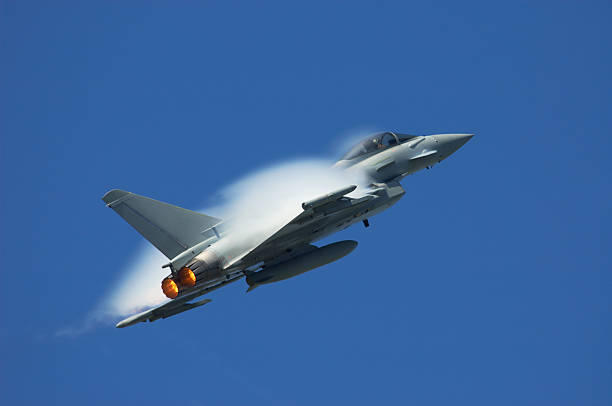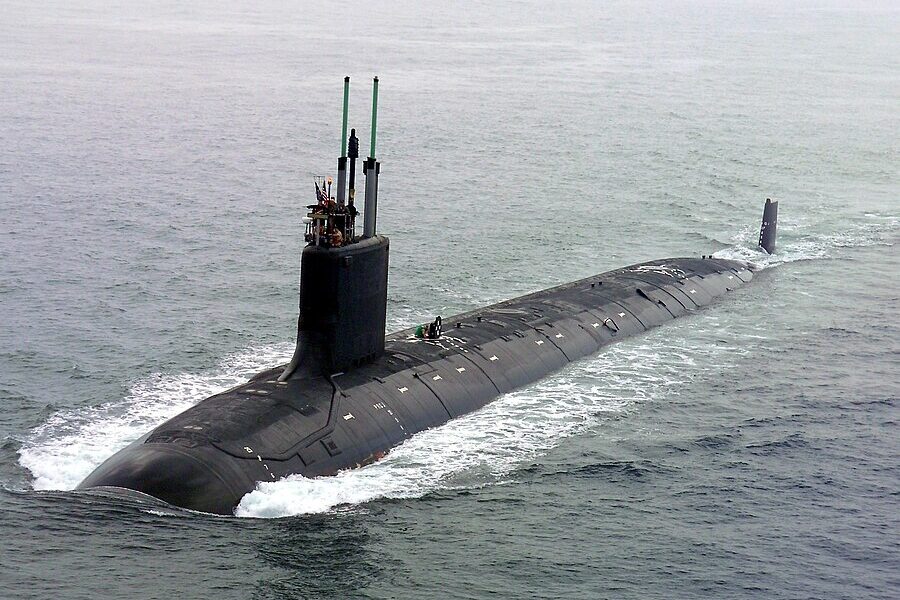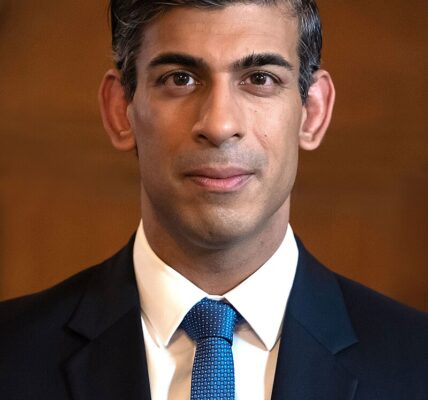- Homepage
- Political arena
- “Breaking: US Nuclear Weapons Return to UK Soil – What You Need to Know!”
“Breaking: US Nuclear Weapons Return to UK Soil – What You Need to Know!”
Title: Understanding the Potential Arrival of US Nuclear Weapons in the UK

In some recent news, there’s talk about the United States planning to bring nuclear weapons back to the United Kingdom (UK) after 15 years. This decision is happening because there’s a concern about Russia posing a threat to security.
What’s interesting is that the type of bombs they want to bring, called B61-12 gravity bombs, are much stronger than the one that was dropped on Hiroshima during World War II.
These bombs can be carried by fighter jets and are said to be three times more powerful than the one dropped on Hiroshima. It’s a big deal because it shows that countries are taking their military defenses seriously.
The US used to have nuclear weapons in the UK before, at a place called RAF Lakenheath. But they took them away in 2008 when the fear of conflict with Russia was not as high. Now, with tensions rising again, they want to bring them back. There are even plans for a new facility to house these weapons at RAF Lakenheath.
However, both the UK and the US are not saying much about it officially. They have a policy of not confirming or denying where their nuclear weapons are located. This is because nuclear weapons are a sensitive topic, and revealing their locations could create more tensions.
The decision to potentially station these weapons in the UK has sparked some concerns. Some people worry that it could make things worse with Russia. Others think it’s necessary for the safety of the UK and its allies, especially with the current geopolitical climate.

Moving nuclear weapons around is a big deal, and it’s done very carefully. The Office of Secure Transportation (OST), part of the National Nuclear Security Administration (NNSA), oversees the transportation of these weapons. They use special aircraft and vehicles to make sure everything is secure and safe.
Sometimes, parts of these weapons need to be moved separately for maintenance or repairs. This is called Limited-life component exchanges (LLCs). They can involve things like tritium components and power-source batteries. It’s all part of making sure these weapons are always ready and in good condition if they ever need to be used.
The US government hasn’t officially confirmed any plans to store nuclear weapons in the UK. They say that they often upgrade their military facilities in allied nations and that budget documents might show some of these activities. But these documents don’t reveal specific details about where nuclear weapons might be stored.
Russia has already expressed concerns about this potential move. They see it as an escalation, meaning it could make things even more tense between countries. Russia has its own nuclear weapons, so any moves by other countries to increase their nuclear presence can make them feel threatened.

(Photo courtesy of General Dynamics Electric Boat Public Affairs)
Currently, the US has nuclear weapons stationed across Europe as part of a NATO arrangement. Countries like Belgium, Germany, Italy, the Netherlands, and Turkey all host US nuclear weapons. This is part of a larger strategy to deter any potential threats and ensure the safety of NATO allies.
In the UK, there have been discussions about the size of the armed forces. Some military leaders believe that there should be more soldiers and reservists to better prepare for any conflicts that might arise. However, the UK government has ruled out conscription, meaning that joining the army will remain voluntary.
Overall, the potential arrival of US nuclear weapons in the UK is a complex issue with many implications. It reflects the changing dynamics of international relations and the ongoing efforts to maintain security in an uncertain world.
In conclusion, while the decision to station nuclear weapons in the UK is controversial, it underscores the importance of security and defense in today’s world. It’s a topic that will continue to be debated and monitored closely by governments and citizens alike.





1 COMMENTS